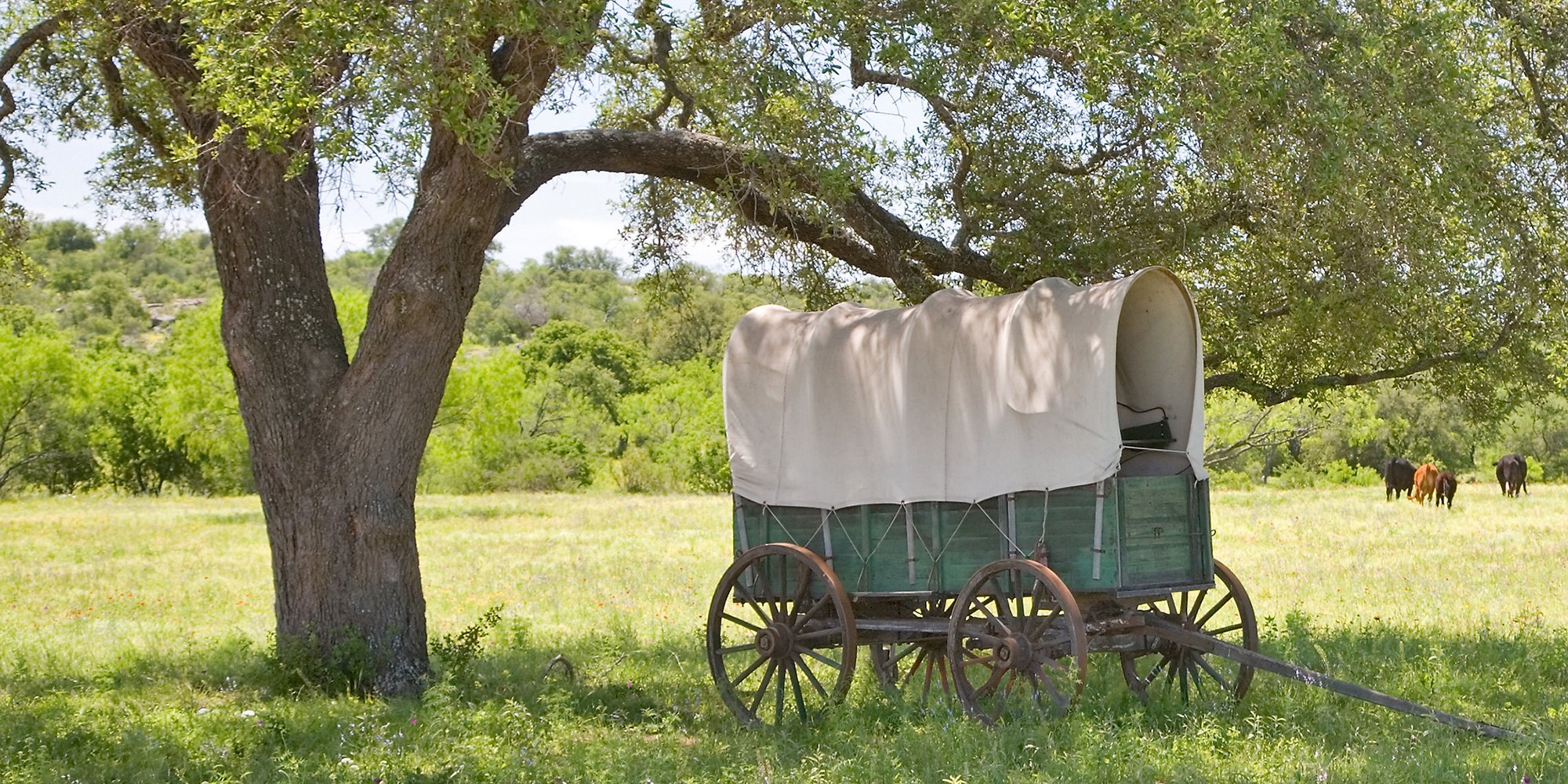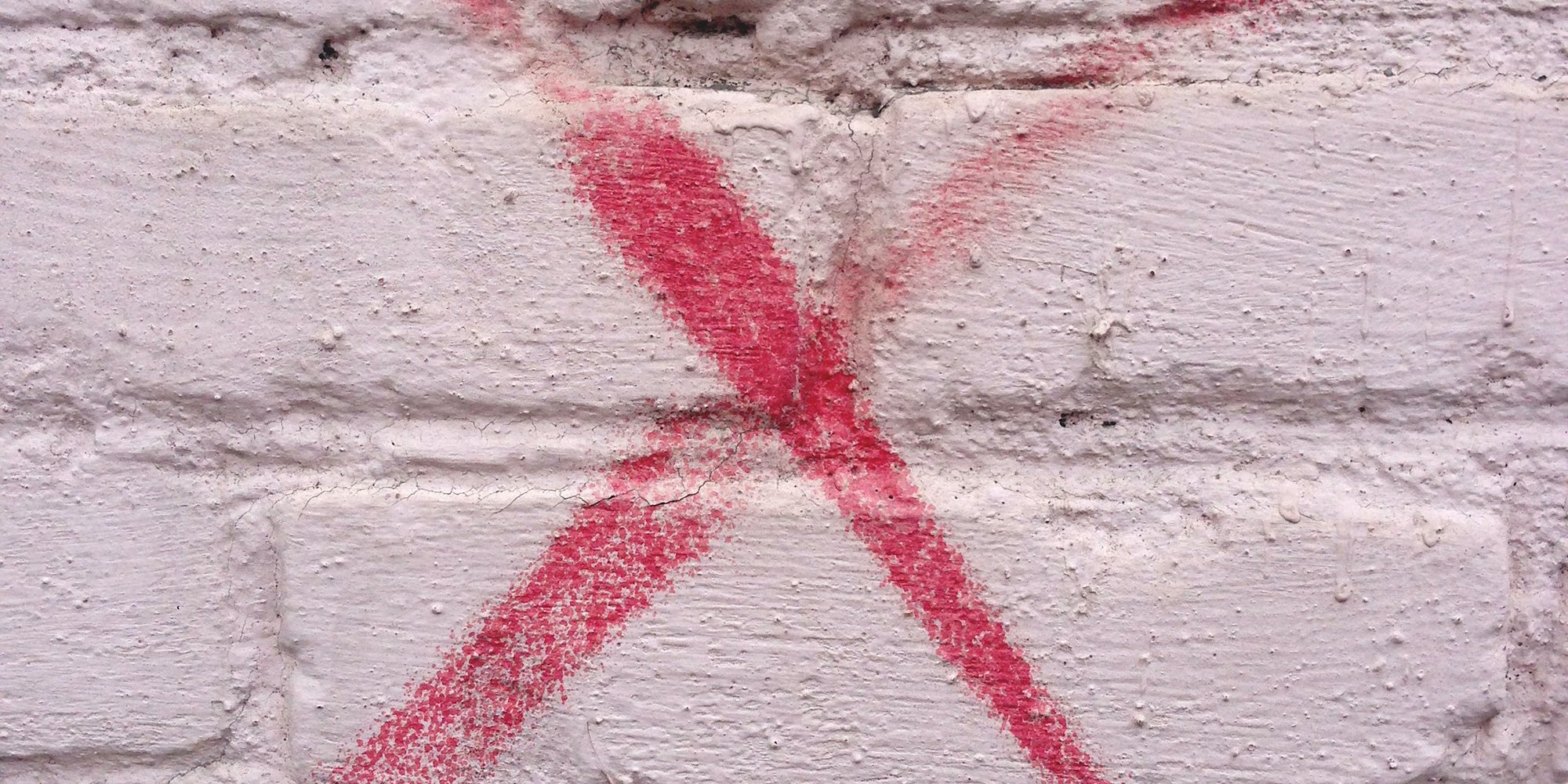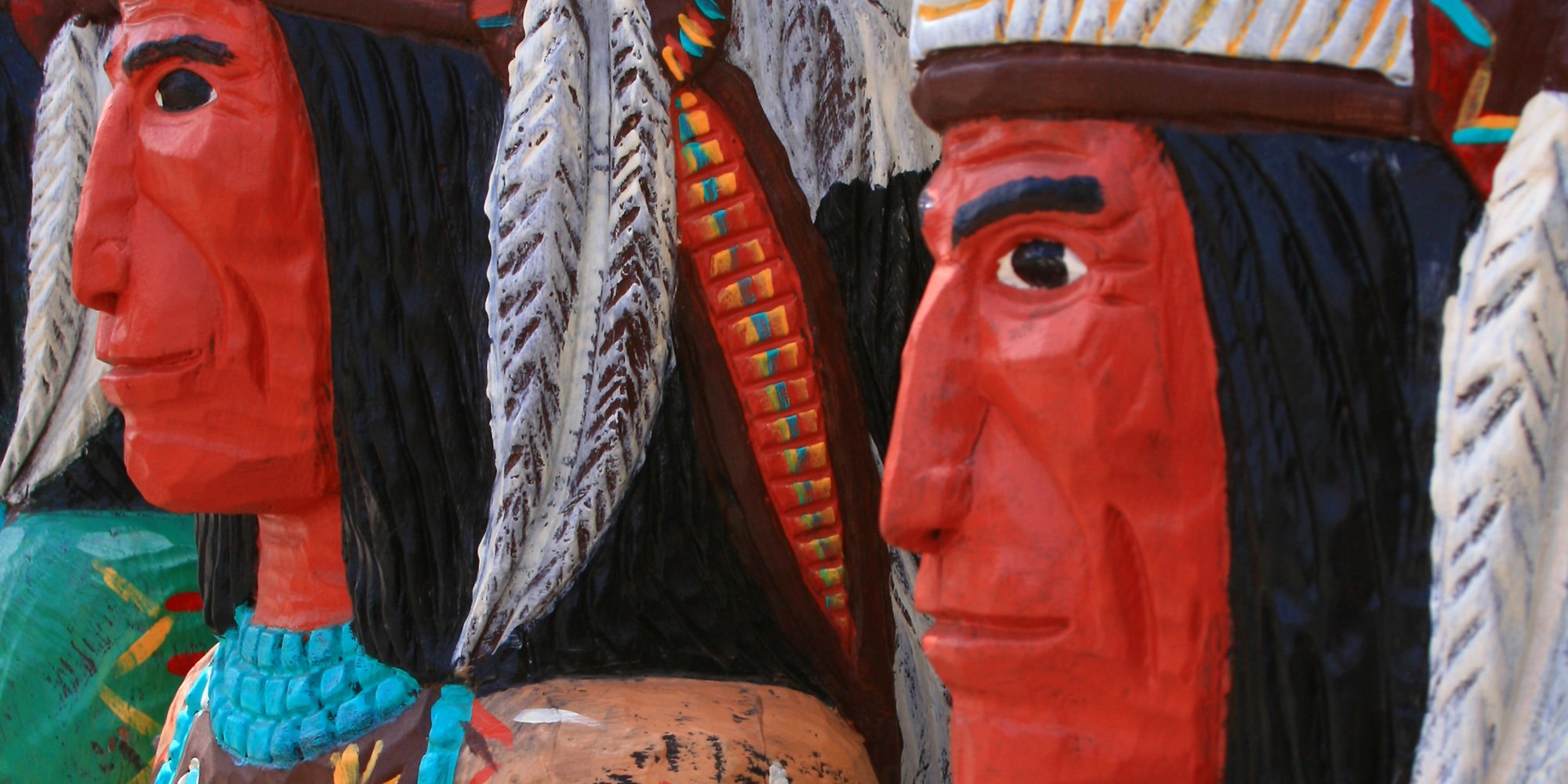Indian Giver - Don’t Make the Same Mistake as Matt Lauer
Earlier this year, I wrote about Kevin O’Leary, a business commentator and co-host of The Lang & O’Leary Exchange, unwisely using the term “Indian...

We should always take pains to avoid the use of these seven First Nations colloquialisms - words have a great capacity to cause emotional harm and possibly offend. When working cross-culturally, it is very important to be aware of whether or not your vocabulary and conversations include phrases and references that are culturally offensive. These phrases are old, and tired, and should be put to bed as sometimes they may not reflect well on the speaker, as experienced by Kristi Gordon.
Kristi Gordon, a very popular Global BC meteorologist, while the station was on location in Port Hardy on Northern Vancouver Island used the expression “rain dance” when speaking to a “junior” meteorologist, Emma Walkus. It had been raining for most of the day, and as Emma enjoyed dancing, Ms. Gordon made a comment about her doing a “rain dance” to drive the rain away. There was a flurry of postings on Ms. Gordon’s Facebook page, most supporting her as a very kind and empathic person who would never intentionally say anything to harm, especially to a child. Other comments were quite nasty.
How did she handle it? Did she have her publicist make a statement? Did she have the station make a statement? No, she contacted Emma’s family and apologized and received warmth and concern for her well-being in return. And then she posted this very good apology on her Facebook page. A difficult situation handled well and congratulations to Kristi, and to Emma and her family.
Due to a small number of complaints (and great deal of misinformation) about a comment I made during a recent News Hour broadcast from Port Hardy, I feel I have to respond to some of the false and unfair allegations made about me. While interviewing our “junior meteorologist” Emma Walkus, a young girl whose interests include dancing, I made a reference, within the context of our rainy forecast, to a “rain dance”. Emma’s entire family and extended family were there, as were several dozen other members of local First Nations. Not one person who was in the audience to watch our program live that night, including her own family, expressed to me that they considered the comment to be offensive in any way. After receiving a threatening complaint via email, I reached out to Emma’s family and I spoke directly to her mother who was more concerned about my well-being and assured me she and her family never for a moment considered the remark offensive or disrespectful. Still, I apologized to her for any offense the comment may have caused. And now, after seeing a few posts from people who are perpetuating a false and misleading account of what happened, I want to set the record straight. I apologize to anyone who was offended by my choice of words, and can assure you I meant no disrespect. The reference to a rain dance was an unfortunate choice and I should have been more aware of how it could be interpreted in a greater cultural context. I am truly sorry. Through all of this, I am deeply grateful to the great many of you who have supported me in your comments and who understand I am a caring, thoughtful person who would never intentionally hurt or offend anyone. Sincerely, Kristi
I think this was really well handled. The only thing that could have been done better was to avoid the colloquialisms altogether.
In our book Working Effectively with Indigenous Peoples® we list the following expressions you should take pains to avoid:
This is an ancient ceremonial dance for many cultures who perform the dance in the belief it will bring rain and keep their harvest safe.
"Circle the wagons" translates to the savages are coming and is not an appropriate or respectful term to use in any situation.
Totem poles are very sacred items to the people who carve and display them. In some Indigenous communities, being low on the totem pole is actually a higher honour than being on the top.
A very good friend helped us with this expression. He tells a story about a meeting he attended in the course of his consulting work with a large organization. The organization had many people from many different departments working on a relationship-building initiative. During the meeting, it became evident that direction was lacking. Our friend then said, “We have a problem. It seems to me that we have too many Chiefs and not enough Indians.”
He said it was perhaps the most embarrassing moment of his life. The silence went on forever. If it were not for his good relationship in the community he may not have survived the event. As it was, that moment became a long-running joke around the multi-party table, with the Indigenous representatives taking every opportunity to remind him of the “Indian Chief surplus problem”. Needless to say, such expressions no longer have a place in his business vocabulary.
The inference is that all Indians are late and that an Indian Summer is a late summer. Many people in response have said, “But I use this phrase in the highest respect as a beautiful time of year.” Remember it may not be your intention to offend anyone but the phrase has a history and by using this term you may have a negative impact on the people that you are trying to work with.
Again, the inference is that all Indians are late. Keep in mind that you may hear this being used by Indigenous Peoples but don’t let this use lull you into thinking it is okay to use this term. This is an example of stereotyping and the use of stereotypes between members of the same group is different than the use of stereotypes between members of different groups, whatever the group’s dynamics (i.e. race, culture, nation, sport, or gender).
“We need to get together and have a powwow to discuss this.” A powwow can be a significant community event and the everyday reference to it may annoy some members of the community.
Featured photo: Unsplash

Earlier this year, I wrote about Kevin O’Leary, a business commentator and co-host of The Lang & O’Leary Exchange, unwisely using the term “Indian...

Colloquial expressions that involve Indigenous Peoples or their culture are derogatory and offensive and should be avoided. As recently as 2011,...

Have you ever been in the socially awkward situation of being around someone who says something that is inappropriate and culturally offensive? Have...